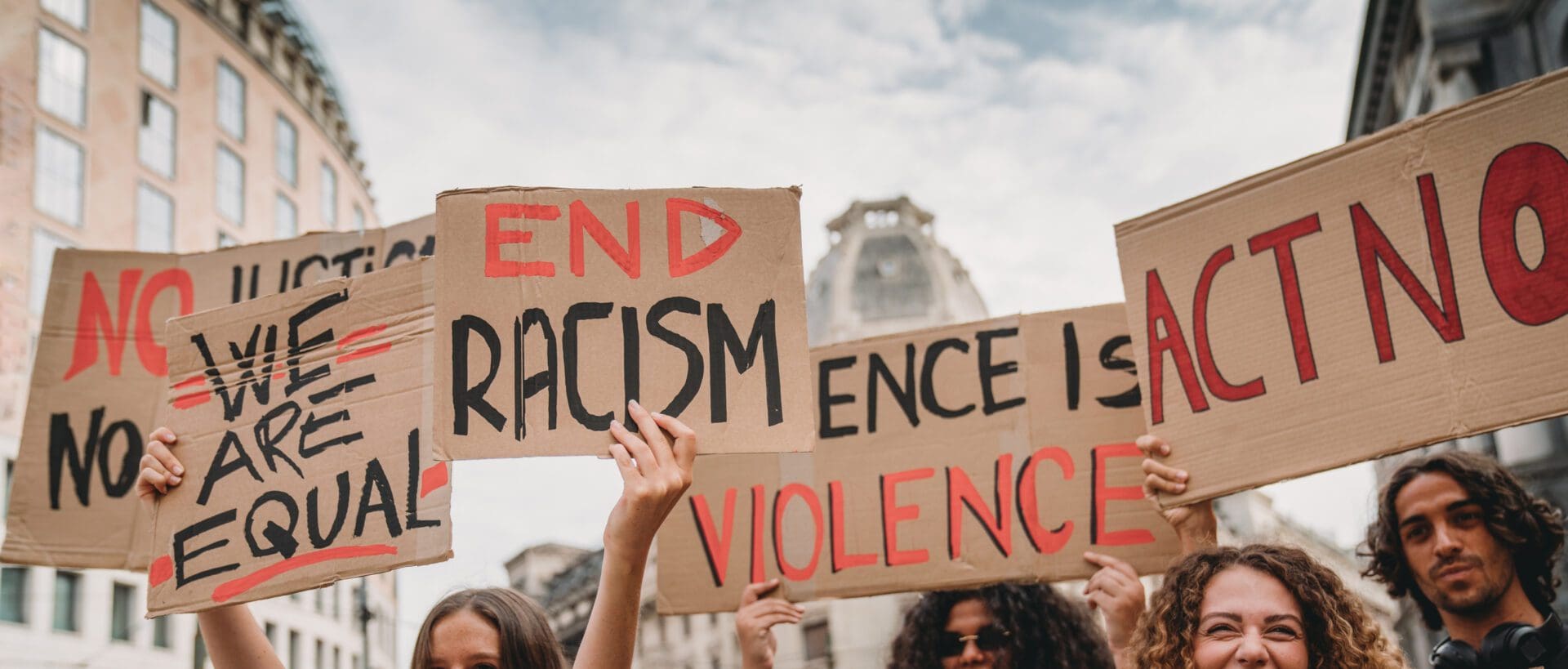On the International Day for the Elimination of Racial Discrimination, Amnesty International USA reiterates its calls for the Biden Administration to do more to address racial discrimination in its domestic and foreign policies—and in the practices that promote and uphold racial injustice across U.S. policy.
“The struggle against racial injustice must confront not only individual policies but also the underlying structures that uphold them, recognizing the inherent links between them and leverage that foundational understanding for comprehensive systemic change,” said Terrance Sullivan, Director of Racial Justice at Amnesty International USA.
The International Day for the Elimination of Racial Discrimination is observed annually to commemorate the Sharpeville massacre when 69 peaceful anti-apartheid protesters were killed by South African police on March 21, 1960. The parallels between the Sharpeville massacre and continued U.S. police and racialized state violence highlight the global nature of racial oppression. In fact, racialized state violence, among other challenges, was recently noted by the UN Human Rights Committee as a motivating factor in the recommendation that the United States create an independent national human rights institution.
On this International Day for the Elimination of Racial Discrimination, Amnesty International USA also calls for the Biden Administration to support the creation of a national human rights institution. Comprehensive change takes intentional approaches, and the creation of an independent institution focused on addressing systemic injustices would be an important step forward towards addressing systemic racial injustice across the United States.
Of course, the global nature of racial discrimination goes beyond parallels in state violence—and so, too, must the Biden administration’s response to racial injustice. From overrepresentation of Black and brown communities in both prison and poverty, to the distressing situation in Haiti, to the Israeli government’s apartheid system over Palestinians, racial discrimination undergirds injustice around the world—the United States must be committed to combatting racial discrimination in all forms across policy both domestic and foreign, and addressing racial discrimination across all U.S. policy cannot be only the work of one institution or a specific day.
Contact: [email protected]

